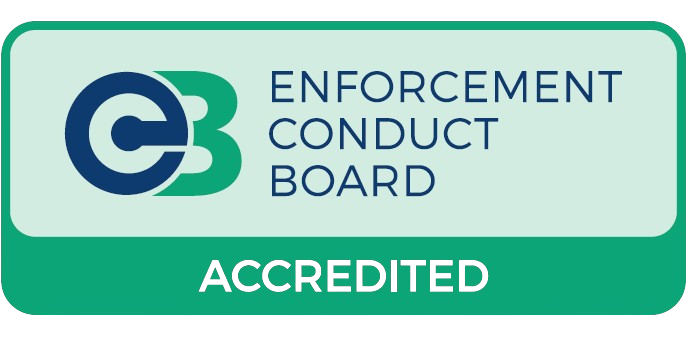Are Licences to Occupy Excluded from the Protection from Eviction Act 1977?
Not all licences to occupy are excluded. Some occupiers have very limited protection, while others still require a court order before they can lawfully be evicted. This article explains how the law works in England and Wales.
Important: Calling an agreement an “excluded licence” does not automatically make it one. The law looks at what happens in practice — not the label written on the document.
Licences and the Protection from Eviction Act: The Basics
The Protection from Eviction Act 1977 (“PEA 1977”) normally makes it a criminal offence to:
- evict a residential occupier without serving proper notice, and
- evict them without a court order and warrant.
However, certain occupiers fall outside the Act. These are known as excluded occupiers, and some licences fall into this category depending on the circumstances.
Key rule: A licence is excluded from the Act only if it fits a statutory exception, such as a resident landlord or specific hostels/supported housing structures with non-exclusive possession.
When Is a Licence to Occupy an Excluded Licence?
Licences typically become “excluded” in the following common scenarios:
1. Resident Landlord
- The occupier shares living accommodation with the landlord.
- The landlord lives in the same property as their only or main home.
2. Hostels & Supported Housing
- No exclusive possession — the occupier can be moved between rooms.
- Staff or support workers have regular rights of entry.
- Accommodation is short-term, supervised, or linked to a support plan.
3. Other Legal Exceptions
- Holiday lets.
- Employment-linked accommodation.
- Certain emergency placements.
When a Licence Is Not Excluded
A licence is normally not excluded if the occupier has:
- Exclusive possession of a room or self-contained flat,
- the property as their only or main home, and
- no resident landlord or statutory exception applies.
In these cases, the occupier has basic protection, meaning the landlord must follow the full PEA 1977 eviction process.
Ending an Excluded Licence
If the agreement is genuinely an excluded licence, the landlord or provider may:
- Give reasonable written notice (often 7–28 days), and
- Take back possession once the notice expires, without a court order.
Ending a Non-Excluded Licence (With PEA Protection)
Where the Protection from Eviction Act applies, the landlord must:
- Serve a valid Notice to Quit or other correct notice,
- Apply for a County Court possession order, and
- Use a County Court Bailiff to enforce the warrant, OR an Authorised High Court Enforcement Officer (AHCEO) only when the order has been lawfully transferred to the High Court.
Evicting Excluded Occupiers: Is a Court Order Required?
Is a Court Order Required?
Providing that the council or other authority no longer has a duty to help them and has given them notice, then a court order is not necessarily required.
Excluded Occupiers and Eviction Protection
People or families housed in this way do not usually have protection from eviction under the Protection from Eviction Act 1977 and are classed as excluded occupiers.
The term “excluded” refers to being excluded from protection from eviction under the Act. This means the landlord does not need to give notice or obtain a possession order to legally evict the licensee.
Exceptions: Occupiers with Basic Protection
If the local authority accepts a main housing duty and allows continued indefinite occupation in temporary housing, the occupier gains basic protection under the Protection from Eviction Act 1977. In this case, a possession order from the court is required to evict them.




